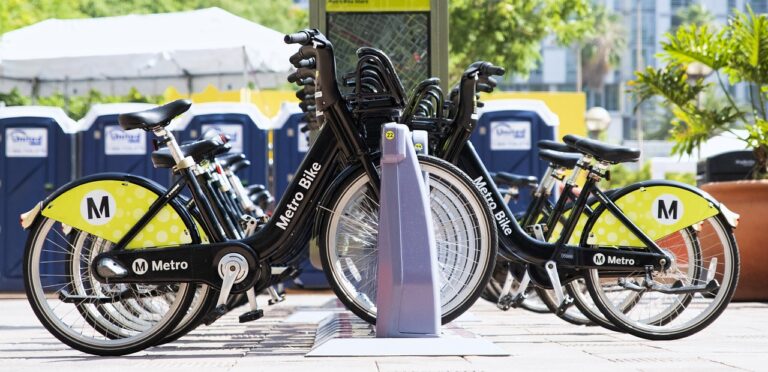Gold365 Offers Easy Deposits and Withdrawals
Gold365: Gold365 has earned a strong reputation among Indian users for providing an online platform that combines entertainment, reliability, and convenience. One of the biggest reasons players trust Gold365 is its smooth and secure payment system. The platform has made both deposits and withdrawals quick, easy, and transparent, allowing users to enjoy their favorite games without worrying about financial delays or complications.
Fast and Simple Deposit Options
Gold365 ensures that making a deposit is as effortless as possible. The platform supports several popular payment methods, catering to different user preferences across India. Players can add money to their accounts using:
-
UPI (Unified Payments Interface): The most preferred method for Indian users. UPI payments are instant and hassle-free, supporting popular apps like Google Pay, PhonePe, Paytm, and BHIM.
-
Net Banking: Gold365 supports all major Indian banks for direct online transfers.
-
Credit and Debit Cards: Visa, MasterCard, and RuPay cards are accepted for quick deposits.
-
E-wallets: Digital wallets provide an additional layer of flexibility and speed.
-
Crypto Payments: For tech-savvy users, cryptocurrency options make deposits faster and more secure.
The platform’s interface is built for convenience. Users can easily select their preferred payment option, enter the desired amount, and confirm the transaction. Funds are credited within seconds, ensuring players never miss an opportunity to join a game.
Safe and Transparent Transactions
When it comes to online payments, security is the top priority. Gold365 uses SSL encryption technology and advanced firewalls to protect all financial data. Each transaction, whether a deposit or withdrawal, goes through multiple security layers to ensure privacy and protection against unauthorized access.
Additionally, Gold365 is committed to responsible transaction monitoring. This means users’ accounts are verified, and suspicious activities are automatically flagged. This transparency gives users the confidence that their funds are handled safely and that they can focus on playing without stress.
Quick Withdrawals That Work
Unlike many platforms where withdrawals can take several business days, Gold365 stands out for its fast payout system. Players can withdraw their winnings in just a few easy steps:
-
Log in to your Gold365 account.
-
Navigate to the withdrawal section.
-
Choose your preferred payment method (UPI, Bank Transfer, or Wallet).
-
Enter the withdrawal amount.
-
Confirm the transaction.
Most withdrawals are processed within a few hours, and users receive instant notifications once the payment is completed. For larger withdrawal amounts, Gold365 maintains transparency by updating users about processing times and verification procedures.
Low Transaction Fees and No Hidden Charges
Gold365 takes pride in offering fair and transparent payment services. There are no hidden charges when users deposit or withdraw funds. The platform ensures that players receive the exact amount they are entitled to, with minimal deductions (if any).
This clear policy has helped build trust among regular users. Whether it’s a small deposit or a big withdrawal, players can rest assured that their money will reach its destination without unnecessary fees or delays.
24/7 Customer Support for Payment Queries
To make things even smoother, Gold365 provides round-the-clock customer support. Users can reach out through live chat, email, or WhatsApp for any payment-related assistance.
The support team is trained to handle queries about:
-
Pending deposits or withdrawals
-
UPI transaction verification
-
Bank transfer delays
-
Account updates for payment methods
With a professional and responsive support system, Gold365 ensures every user feels valued and supported.
Benefits of Gold365’s Payment System
Here are the main reasons users prefer Gold365 for deposits and withdrawals:
-
Speed: Instant deposits and quick withdrawals.
-
Flexibility: Multiple payment methods including UPI, cards, and crypto.
-
Transparency: No hidden fees or confusing deductions.
-
Security: Advanced encryption and account verification.
-
Support: 24/7 assistance for all payment-related concerns.
Every feature of Gold365’s payment process is designed to make users feel confident and comfortable. Whether you’re adding funds to join a game or cashing out your winnings, the process is efficient and dependable.
A User-Centric Approach
Gold365 focuses on building long-term relationships with its users. The platform understands that trust is built through consistent performance and honest communication. That’s why every transaction is trackable and supported by detailed confirmations via email or app notifications.
Moreover, the system automatically updates the user’s balance after every transaction, ensuring there’s no confusion about available funds. This level of clarity helps players plan their next moves confidently.
Why Payment Convenience Matters
In today’s fast-paced digital world, users don’t want to wait for hours or days to process payments. Gold365 recognizes this need and has developed a user-first payment system that prioritizes speed, reliability, and ease.
When transactions are smooth, users can focus entirely on enjoying their gaming sessions. This convenience not only saves time but also enhances the overall user experience.
Conclusion: Gold365 Simplifies Money Movement
Gold365 proves that entertainment and efficiency can go hand in hand. Its simple deposit and withdrawal process ensures that users spend more time playing and less time managing payments. By offering secure technology, instant UPI transfers, multiple banking options, and helpful support, Gold365 stands as one of the most trusted and convenient platforms in India.
Whether you’re a regular user or new to the platform, Gold365 makes every step — from adding funds to cashing out — fast, safe, and easy. With Gold365, your money moves just as quickly as your game.







